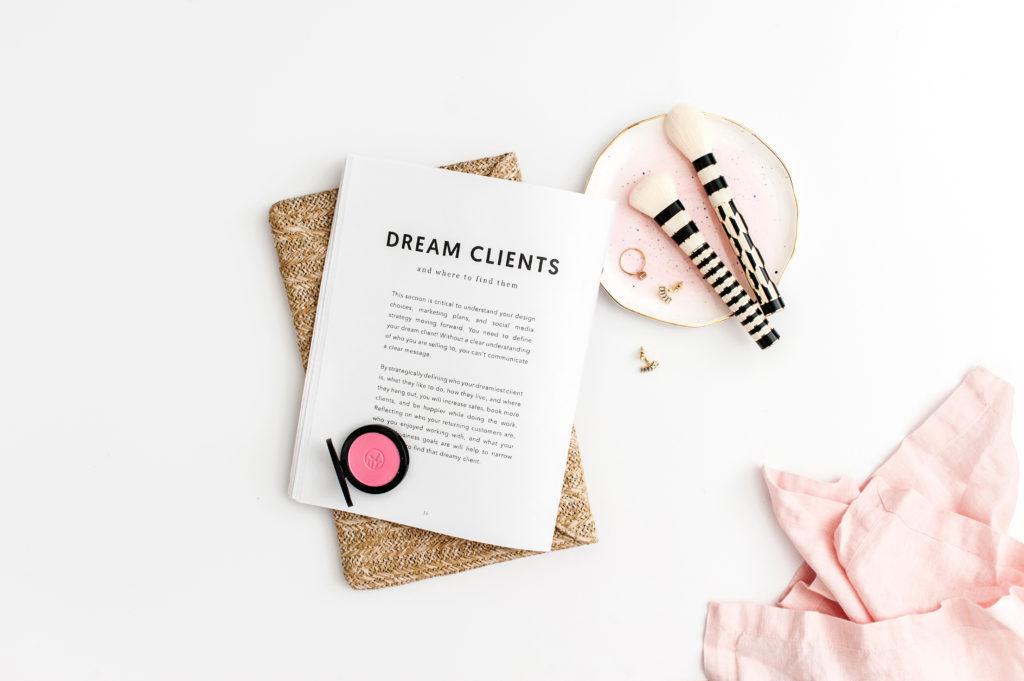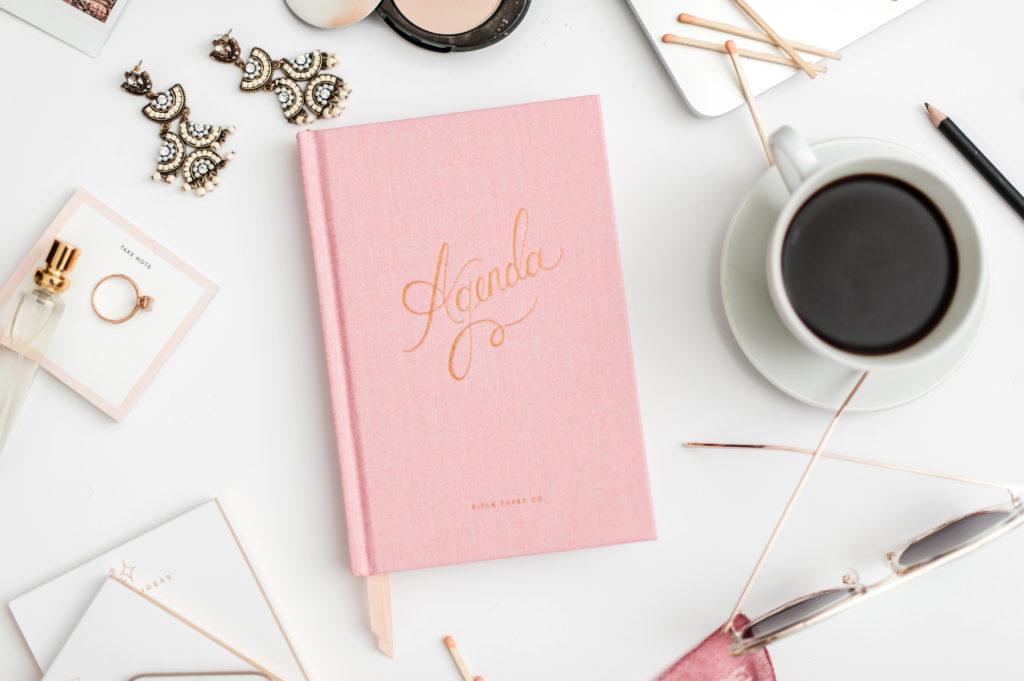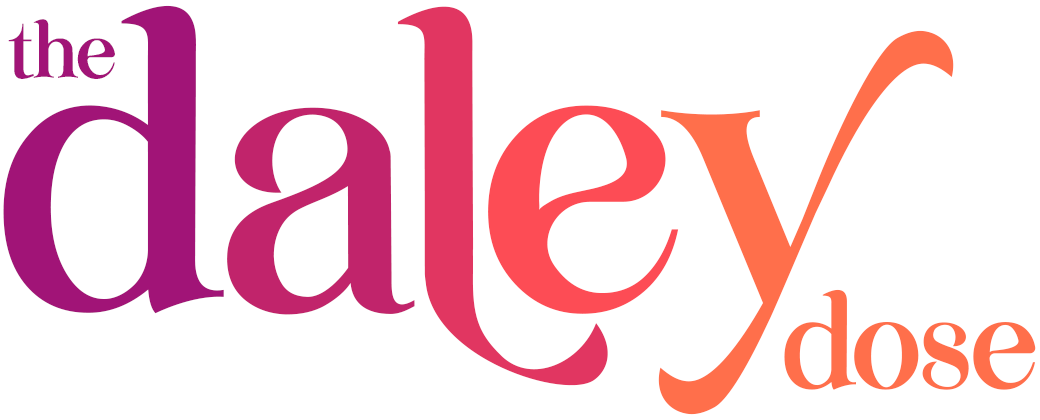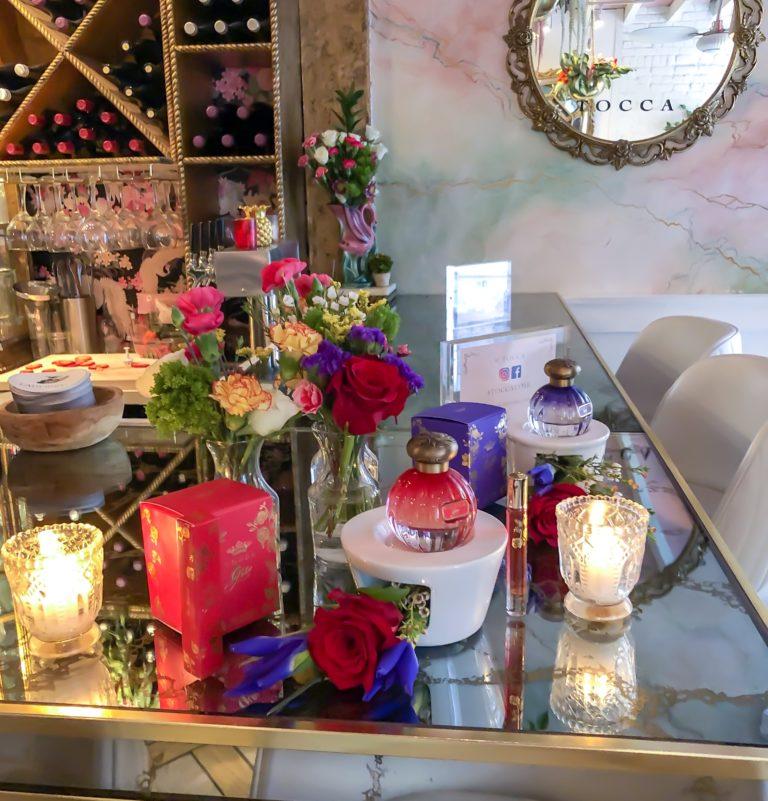21 Things Editors & Writers Wish Publicists Knew
Being a publicist is fucking hard. Dealing with demanding and unreasonable clients sucks. Trying to build relationships with editors and writers is difficult. And I can imagine that some stuck-up, entitled editors and writers are a pain to work with, too. PR requires a hard shell and really good relationship-building skills. And I don’t think I’d last a week in the role!
PR can be tough. And in an attempt to help both publicists and editors/writers work more seamlessly and efficiently together, I asked many on-staff editors and writers, as well as freelance editors and writers, to give their honest feedback on how publicists can improve in various aspects of the job, including email etiquette, pitching, PR/editor relationships, and more. I told my interviewees that I would quote them anonymously in hopes of getting the most honest, helpful answers.
See below for the 21 things editors and writers wish publicists knew and what they are really looking for when working with publicists. And stay tuned for my counter blog post, “Things Publicists Wish Editors & Writers Knew,” coming out soon!
21 Things Editors & Writers Wish Publicists Knew
On Email Etiquette:

Advice #1
“Be upfront about the ‘bad’ stuff to set expectations. Maybe you won’t have samples/only a limited amount to give certain outlets for a new launch. Or you have a particularly fussy or hard to reach client. That’s OK. Just let me know as best you can!” – Editor, 31
Advice #2
“I’m close friends with a decent amount of publicists. So I totally get that there’s a quota to meet when it comes to placement for a client…but following up an email pitch/sample loan more than once or twice gets really stalker-y, really fast. A first follow-up is really appreciated. Because it’s likely I flagged your email to get back to you, but haven’t had the time to do so yet. While my day is super busy and I’m working with a ton of other publicists/brands, I’m probably aware of what’s going on, just need a little time to get to it!” – Editor, 24
Advice #3
“I wish more publicists would speak to me like a human. I find so many publicists are using business-speak and sugar-coated sentences, and it’s hard to find the meaning underneath.” – Writer, 29
Advice #4
“Constant follow-up—as a freelancer, we are not in charge of the go-live date and sometimes I’m asked to submit a feature months ahead of when it will be scheduled. I am always diligent about sharing updates and links once features are live (although maybe not everyone is), but it’s really frustrating when you receive regular “any update?” emails—believe me, I am on top of it and you’ll know when I know.” – Freelance Writer & Editor, 31
Advice #5
“I wish more publicists would be very straight forward when saying no. For example, I’ll never, ever get mad at a publicist if she tells me she’s unable to do something. Like she can’t get quotes from a doctor by my deadline, etc.) But I’m always super frustrated when they overpromise and fall through. The more transparent, the better!
Also, I love when publicists are quick and rather informal with email. It makes my life so much easier when we can chat back and forth via email without having to think twice about pleasantries and formalizing emails.” – Writer, 27
On Issues With Interviews:

Advice #1
“When a publicist agrees to work with you on a story, they should hold up their end of the deal. There have been interviews gone wrong that totally derail my story and make me look bad to my editor when I have to ask for an extension on the deadline, which I hate doing. For example, more than once I agreed to interview an expert via email, but when I followed up the day after I needed the answers back, the publicist told me they couldn’t make the interview happen. I understand things come up, but I should have been told right away—not a week later.
In that time I could have found another expert, instead of scrambling to find a new one and needing an extension. It’s also very stressful when experts decide to only answer one or two questions instead of all of them, which we need. Publicists need to know when to push back with their experts and monitor the responses.” – Freelance Editor and Writer, 36
Advice #2
“If I’ve asked for something with a fast turnaround and we are approaching the deadline, and your client still has not gotten back to you with the information I need, please check in with me to let me know if there is an update — even if the update is that there is no update. I’d rather be prepared for the possibility of not getting what I need in time and start working on something else that I can complete instead of centering my day around something that won’t happen. Even if you’re convinced the information will come through, it’ll just be a little late, that’s OK — I’d just rather know that’s a possibility. Similarly, don’t agree to what you feel is an unreasonable deadline knowing a client can’t accommodate; please feel free to push back on my initial request (within reason).” – Editor, 31
Advice #3
“I wish publicists would stop asking — or worse, insisting — on interview questions ahead of time. As any publicist who is good at her job already knows, sharing questions before an interview is against most editorial policies and frowned upon by journalists. When you ask for questions, you’re showing that you don’t respect the work I do, and are willing to steamroll the rules of my job to make your own a little easier. Just as importantly, a subject who has been given the questions ahead of time will provide rehearsed answers and make for a lesser interview than someone who is open to a real conversation.
Instead of asking for interview questions, have an honest conversation with the writer about the purpose of the interview. Then, prep your source. If those practices are in place, you shouldn’t need the additional guardrails of asking for a list of questions.” – Writer, 29
On Pitching:

Advice #1
“It’s frustrating when publicists send attachments with super hi-res images. I often file emails from publicists for future reference or in story idea files, but when they are so large and fill up my email, I have to delete them. If we want hi-res images, we’ll ask for them! Also, [it’s helpful to] know what we cover. Sometimes people aggressively pitch me things that I’ve never covered once in my career, and it’s a waste of both of our time.” – Freelance Writer & Editor, 36
Advice #2
“When pitching a product, publicists will sometimes suggest the type of story that the product could fit into. Often the story suggestion is super self-serving or about as groundbreaking as ‘florals for spring!’ It would be awesome if publicists could take some time to ideate a few angles that might work for the outlet the product is being pitched to. I have on occasion been inspired by a publicist’s story angle pitch and generated a story from it, but that doesn’t happen often and I’d love for it to happen more.” – Editor, 34
Advice #3
“I’m not a fan of the ‘What are you working on emails’—it feels like someone is asking me to stop and share my to-do list and who has time for that. When I am working on a story and looking for ideas, I often reach out to all PR friends to say ‘hey—working on a story about TK, anything you might recommend for consideration?” – Freelance Writer & Editor, 31
Advice #4
“I hate when publicists pitch me on Instagram, especially if it’s because I haven’t replied on email.” – Freelance Writer, 26
Advice #5
“It’s very helpful when [publicists] send targeted, personalized pitches that they know is perfect for my publication. I wish more publicists took the time to do that, since those are the ones that turn into stories.” – Freelance Writer & Editor, 36
Advice #6
“It really resonates with me when a publicist comments on a recent post or says something like ‘hi I saw your feature on ___’ and then pitch or share product info that I might be able to keep I mind for the future. Personalized notes/emails go a long way.” – Freelance Writer & Editor, 31
On Sharing Client Lists:

Advice #1
“One agency-based publicist I work with has started emailing me approximately monthly sharing a list of her clients broken down by category (skincare, beauty, experts, etc.) and what they can offer (product trends amongst their clients, ingredient stories, expert quotes, etc.) This is incredibly helpful as it’s hard for me to keep track of who is representing what, and having a list like this also makes me more likely to reach out to a publicist when I’m on deadline.” – Editor, 31
Advice #2
“Love when publicists send reminders of what experts they work with. I feel like this is the easiest way to work with PR, especially when it comes to beauty.” – Freelance Writer, 26
On Sharing Articles:

Advice #1
“Any publicist that gets the story shared by the client is a hero in my book. All editors are held to traffic goals and a client sharing a link to the story they were featured in helps. I think that’s why Rodan+Fields gets such wide coverage, because they’re always willing to share and help drive traffic to the article.” – Editor, 34
On PR/Editor Relationship-Building:

Advice #1
“Definitely build relationships with editors and journalists. It takes time for sure, but when you go out of your way to chat with them/make them feel comfortable at an event, send a hand-written note in a mailer, and remember the things they tell you, it goes a LONG way. I’ve always given preference to my PR friends because I like them as people and want to help them out in their careers. If it comes to choosing between a buzzy product everyone’s talking about, and a similar one repped by a person I really like, tie goes to the friend!” – Editor, 24
Advice #2
“In my opinion, developing an IRL relationship with an editor is always going to be a better way to spend time than endlessly cold pitching.” – Freelance Writer, 26
On Calling-In Products:

Advice #1
“While I’m sure some abuse this, sampling/product testing is a necessary piece for me, so it’s helpful when brands are able to quickly share samples, press info, and high-res images so I can best speak to the product I am considering.” – Freelance Writer & Editor, 31








